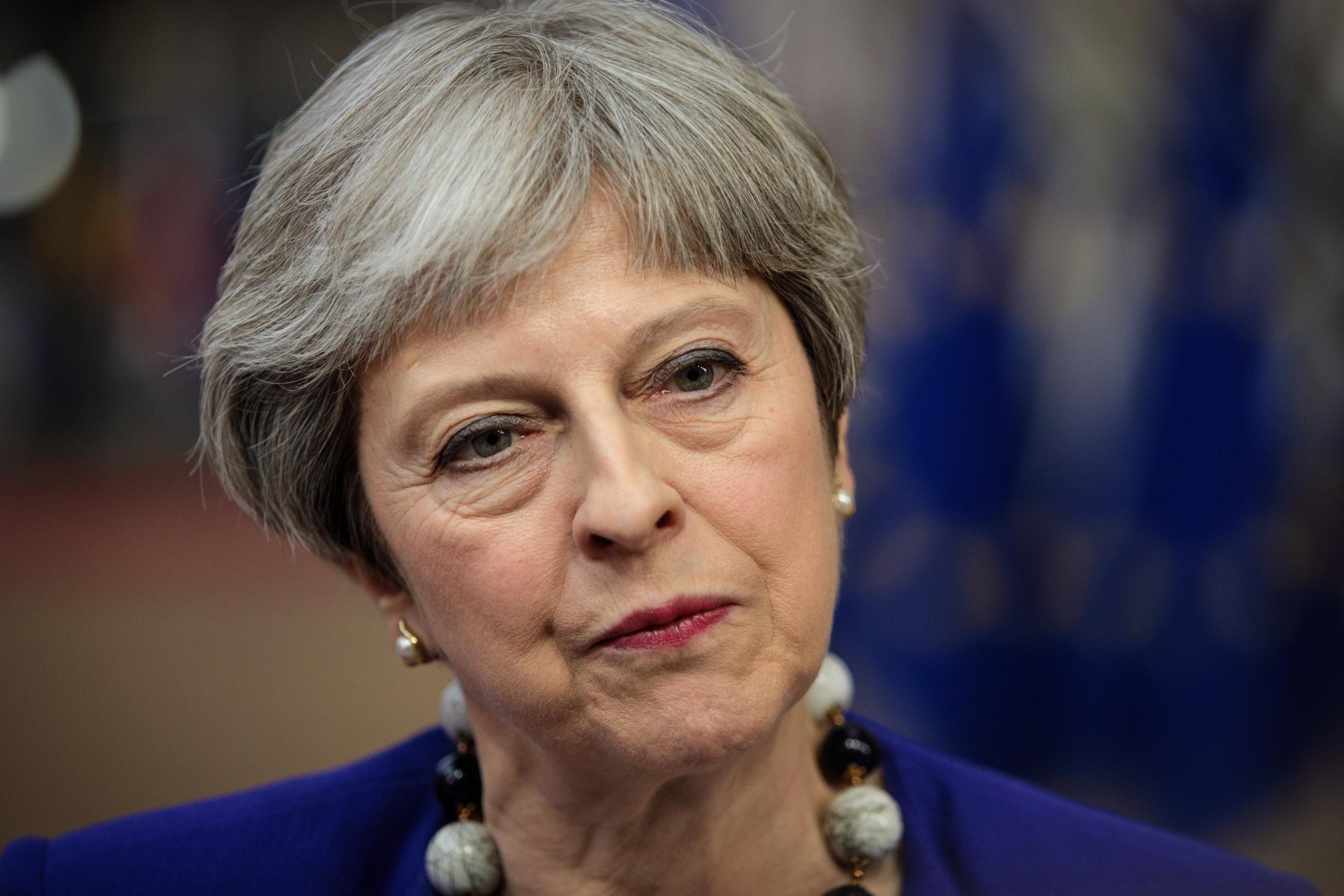Is anyone actually queuing up for a trade deal with us post-Brexit? I think not
Please send your letters to letters@independent.co.uk

First we had the lies like the £350m per week for the NHS and the misleads posters showing the hordes of immigrants about to come to the UK.
Then we had the ridiculous and unfounded statements from Davies Davies and Liam Fox about how the Brexit negotiation would be the easiest ever and that countries are “queueing up” to strike trade agreements with Britain after it leaves the EU.
Having read Jon Stone’s excellent summary of the absence of possible such countries, I would challenge the Brexiteers to name even one large economy that they plan to negotiate a good trade deal with post-Brexit, excluding obviously any countries that currently have or are negotiating with the EU a trade deal. Presumably they have done their homework and can provide a list of all these countries with an estimate of how much trade we can expect from each to show how much better off we are all going to be.
G Forward
Stirling
We shouldn’t need voter ID
The local elections presented problems for those involved in a trial about proving ID. So the hostile environment continues. Perhaps a better way to prove identity would be to cross-check electoral records, across a range of services. All councils have a “data” warehouse, so this is not new. Everyone is registered for various services, from benefits to council tax, to tax records. Surely having to prove ID at a polling station demeans people.
Election fraud is pretty rare in the UK, we have to get better, not punitive!
Gary Martin
London E17
Assisted death should be legalised
I hope that Noel Conway, who suffers from motor neurone disease, wins his court case to have a doctor-assisted death. Around 82 per cent of the UK population have been found to be in favour of medical help to die for terminally ill patients in great pain who request it. Doctors intervene in all stages of life – heart transplants and IVF – so why can’t they use their skills to bring about a peaceful death at the end of life?
Palliative care is said by experts to need an overhaul as some patients suffer great pain at the end of life and relatives can remain traumatised after seeing their loved one suffer so much. Increasing numbers of countries now allow it, including several US states. I believe that many people would enjoy their lives more if they didn’t have the fear that they may suffer a long, painful and undignified death. We must stop seeing death as a failure and allow people to be released from their suffering, if this is their choice.
Ann Wills
Ruislip
Cumbria flood victims have been left behind
It’s not surprising to hear that Cumbria has been described as “the Lost City of Atlantis”. Many flooded communities feel forgotten and let down by government that has failed to take flooding seriously, severely underestimating the impact that flooding has on mental health and financial stability.
Cumbria has endured three major flood events in the space of 10 years along with several close calls. Unfortunately, many people have not returned to experiencing higher levels of wellbeing before another flood is upon them. Some constantly check river levels and feel physically sick every time there is heavy rainfall. Infrastructure may have been repaired to protect the economy and keep Cumbria open for business, yet people’s homes are treated with indifference and simply regarded as collateral damage.
The current prioritisation assessment and allocation of funding for flood alleviation measures favours more wealthy urban areas and fails to support rural Cumbria creating a social injustice crisis. There needs to be an equality of opportunity to lead a normal life, regardless of where a person lives or where they sit within the economic chain, and freedom from the continual cycle of persistent re-traumatisation, disruption and devastation.
Future prospects for Cumbria look extremely bleak. With predictions of dramatic increases in severe flooding, alongside the lack of maintenance to lakes, rivers and drainage systems, and with little confidence in agencies, flooded communities are left feeling extremely vulnerable. With the potential risk to loss of life and increasing long term poor mental health implications, urgent action is required now to provide fair and equitable policy outcomes for neglected rural areas.
Faith Cole
Cumbria
A Stormy affair
I believe Donald Trump when he says that he did not have an affair with Stormy Daniels. From what I have read about the woman, I find it hard to believe that she would lower her standards so much, to the point where she would actually sleep with him.
Chris Payne
The Philippines
Benefit targets
MayJay Ali writes about her seriously ill patients being assessed as fit for work. Will someone ask the minister if there are overall targets for refusal of benefits and, if so, if these become targets for the individuals carrying out the assessments?
For the patients involved this is a scandal as bad as Windrush and may affect many more people.
Alan Pack
Canterbury
Join our commenting forum
Join thought-provoking conversations, follow other Independent readers and see their replies
Comments
Bookmark popover
Removed from bookmarks